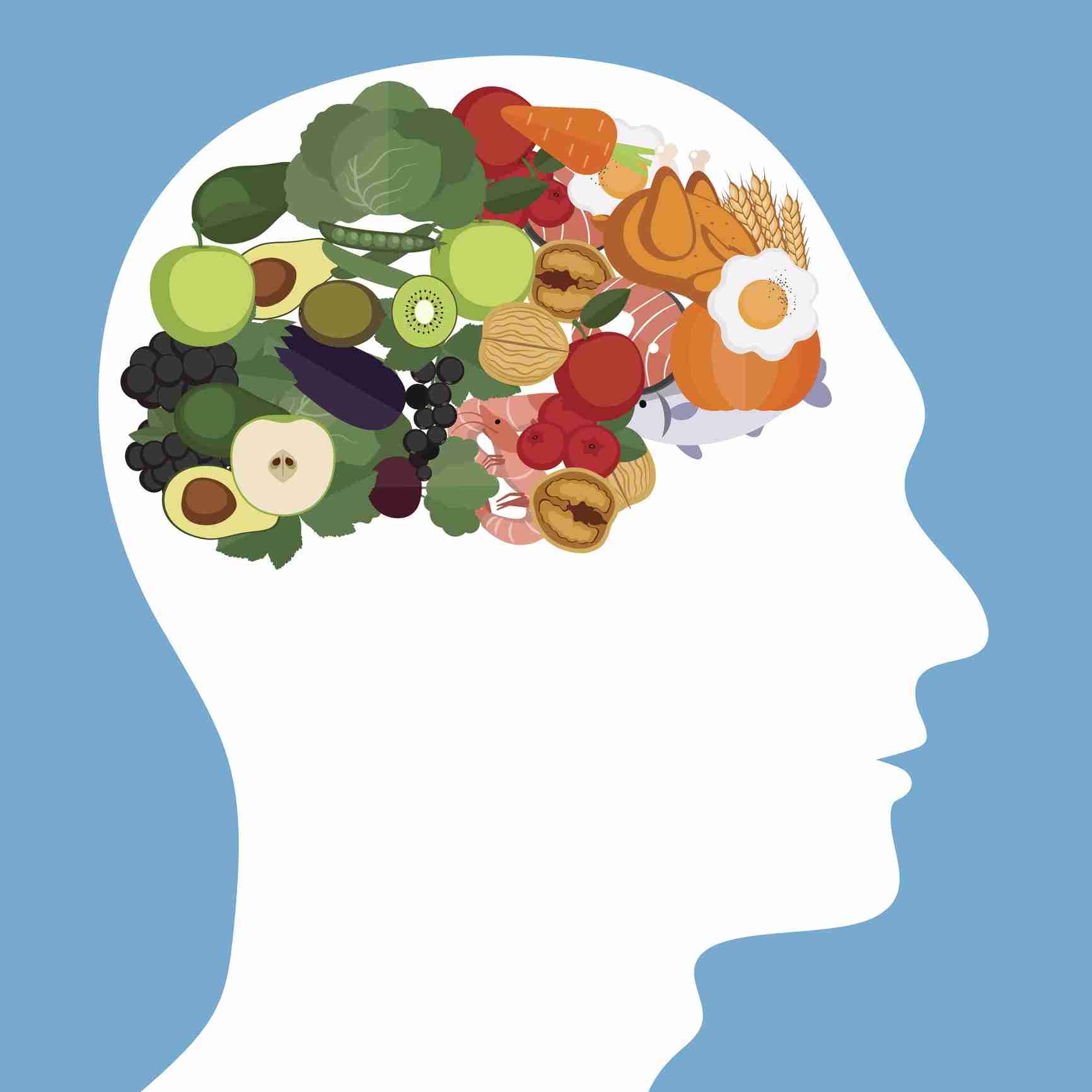Uma Naidoo, MD
Posts by Uma Naidoo, MD
Subscribe to Uma Naidoo, MD's Posts
How to stock a plant-based pantry (and fridge) on a budget
Given the economic stresses stemming from the current pandemic situation, many of us are trying to maintain healthy eating habits while also spending less. Adjusting your food purchases to include more plant-based choices can help your health and your budget.
Eating during COVID-19: Improve your mood and lower stress
Staying at home during the COVID-19 pandemic is challenging for everyone, and the increased anxiety (and boredom) can cause people to abandon their healthy eating intentions and snack on whatever is around. But with a little thought and planning, you can continue to make good food choices and maybe even boost your mood and immunity.
Gut feelings: How food affects your mood
Besides causing inflammation and disease, more heavily processed foods can contribute to depression and anxiety through the connection between the gut and the brain. A healthier diet that favors whole foods over processed foods may offer protection against depression.
Eating well to help manage anxiety: Your questions answered
Paying closer attention to diet is important for people with anxiety. Making dietary changes in favor of a balanced diet that emphasizes whole, unprocessed foods and minimizes added sugars helps smooth out the highs and lows that can contribute to anxiety.
Spice up your holidays with brain-healthy seasonings
Spices and herbs have a long history as a safe component of human diets and traditional health practices. Aromatic ingredients that flavor our holiday meals also deliver antioxidants, anti-inflammatory agents, and other bioactive compounds that benefit the brain.
Sugar: Its many disguises
Excess sugar in the diet can cause a whole host of health problems, both physical and mental. If you’re concerned about cutting down on sugar, you might think you’re covered if you skip the soda and pastries. But there are plenty of hidden and added sugars lurking in all kinds of foods — even those traditionally considered “healthy.” Here, we’ve given you some tips on what to watch out for.
Nutritional strategies to ease anxiety
Millions of adults in the United States struggle with anxiety, but making the right dietary choices can help. The body’s slower metabolism of complex carbohydrates helps avoid drops in blood sugar, and foods with specific nutrients like zinc, magnesium, and antioxidant substances can ease anxiety as well.
